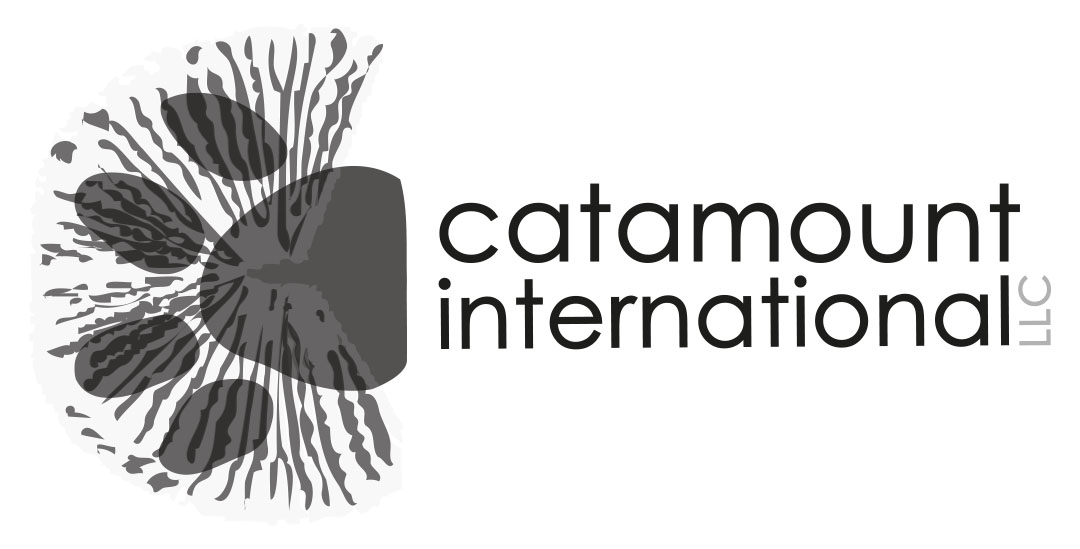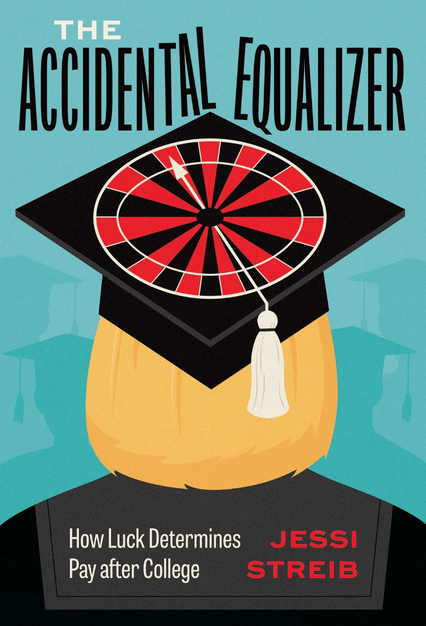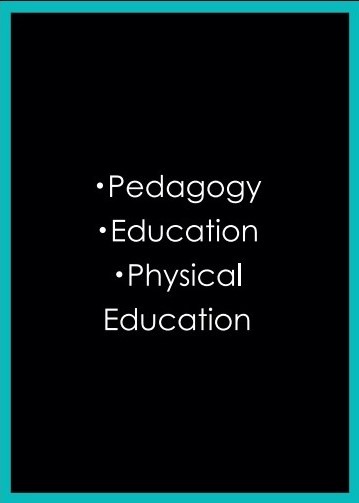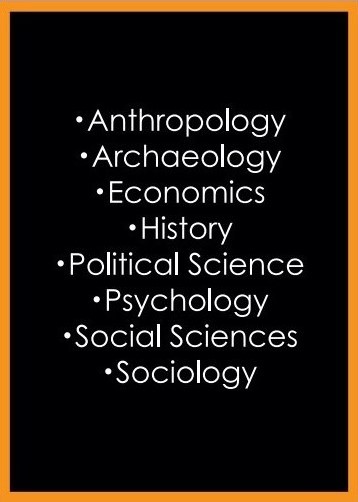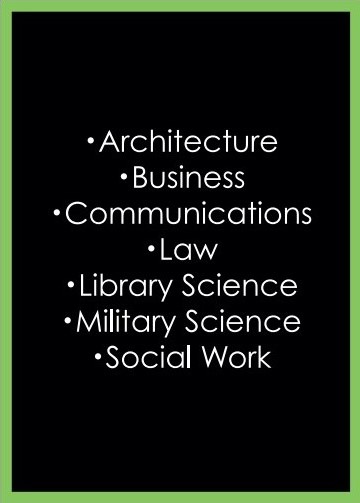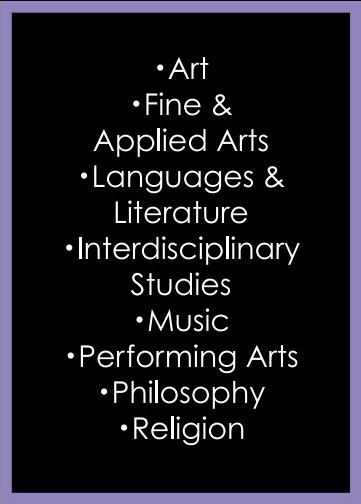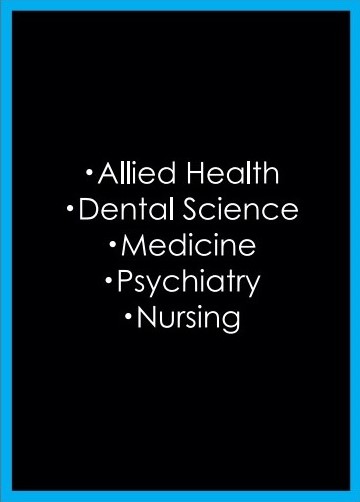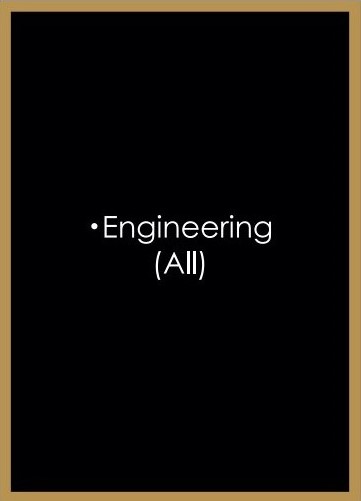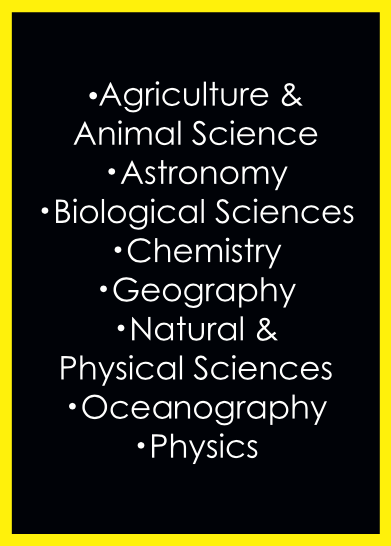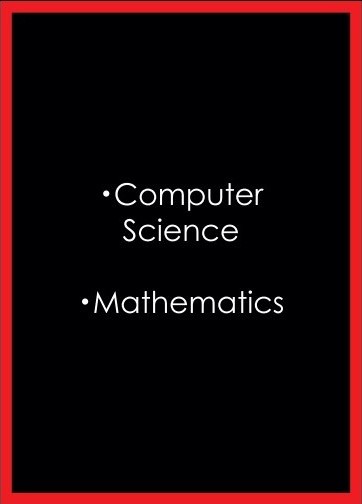The Accidental Equalizer
Breve Descripción
Un descubrimiento sorprendente (que el éxito en el mercado laboral después de la universidad es en gran medida aleatorio) obliga a reevaluar la educación, las oportunidades y el sueño americano. Como puerta de entrada a las oportunidades económicas, muchos consideran que un título universitario es el gran igualador de Estados Unidos. Y es cierto: los estudiantes más ricos, más conectados y aparentemente mejor calificados ganan exactamente el mismo salario que sus pares menos privilegiados. Sin embargo, las razones pueden tener poco que ver con el arranque o la superación personal; podría ser simplemente pura suerte.
Breve descrição
Uma descoberta surpreendente – que o sucesso no mercado de trabalho depois da faculdade é em grande parte aleatório – força uma reavaliação da educação, das oportunidades e do Sonho Americano. Como porta de entrada para oportunidades económicas, um diploma universitário é considerado por muitos como o grande equalizador da América. E é verdade: os estudantes mais ricos, mais conectados e aparentemente mais qualificados ganham exatamente o mesmo salário que os seus pares menos privilegiados. No entanto, os motivos podem ter pouco a ver com inicialização ou autoaperfeiçoamento; Pode ser apenas pura sorte.
Full description
A startling discovery—that job market success after college is largely random—forces a reappraisal of education, opportunity, and the American dream.
As a gateway to economic opportunity, a college degree is viewed by many as America’s great equalizer. And it’s true: wealthier, more connected, and seemingly better-qualified students earn exactly the same pay as their less privileged peers. Yet, the reasons why may have little to do with bootstraps or self-improvement—it might just be dumb luck. That’s what sociologist Jessi Streib proposes in The Accidental Equalizer, a conclusion she reaches after interviewing dozens of hiring agents and job-seeking graduates.
Streib finds that luck shapes the hiring process from start to finish in a way that limits class privilege in the job market. Employers hide information about how to get ahead and force students to guess which jobs pay the most and how best to obtain them. Without clear routes to success, graduates from all class backgrounds face the same odds at high pay. The Accidental Equalizer is a frank appraisal of how this “luckocracy” works and its implications for the future of higher education and the middle class. Although this system is far from eliminating American inequality, Streib shows that it may just be the best opportunity structure we have—for better and for worse.
Pedagogy & Education
otras áreas de / interés...
other areas of / interest...
outras áreas de interesse...
¿Buscas un título en un área específica?
Looking for books in a specific area?
¿Procurando livros em uma área específica?



